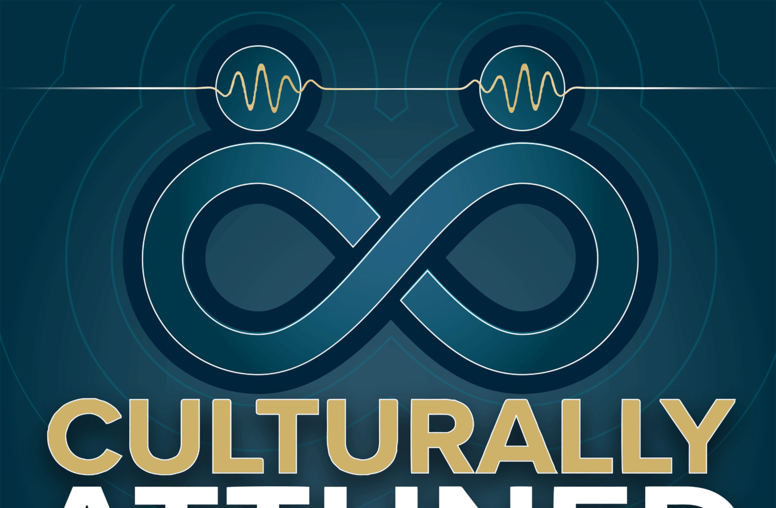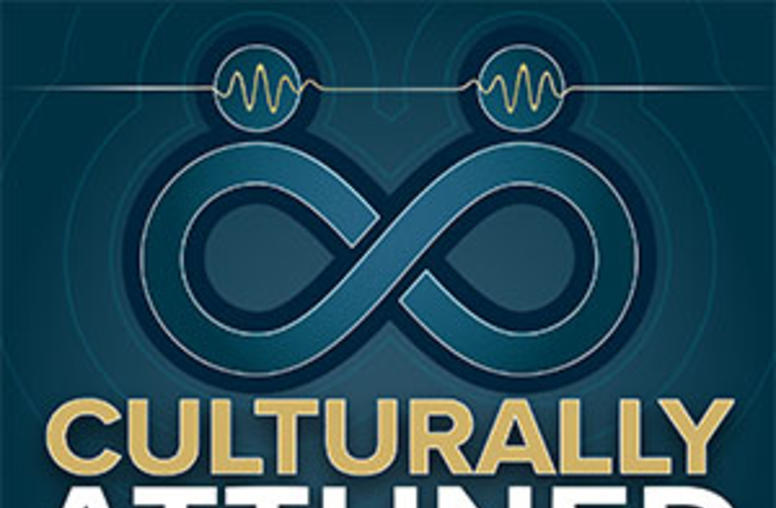Publications
Articles, publications, books, tools and multimedia features from the U.S. Institute of Peace provide the latest news, analysis, research findings, practitioner guides and reports, all related to the conflict zones and issues that are at the center of the Institute’s work to prevent and reduce violent conflict.

Knox Thames on the Role of Religion in the Ukraine War
Russian President Vladimir Putin invoked religion as part of his justification for Russia's attack on Ukraine, believing their shared Orthodox history would lend credibility to his ambitions. "Of course, the Ukrainians beg to differ," says USIP's Knox Thames. "It's actually strengthening Ukrainian resistance to [Putin's] aggressive actions."

Culturally Attuned Summary Compilation Episode
In this final episode of Culturally Attuned we travel around the world to hear stories from five seasoned practitioners on how to work and communicate effectively across cultural divides. From their parting advice we learn the importance of cultivating relationships with local counterparts that create trusting, inclusive, and mutually beneficial connections.

Leading with human-centered design
When we set out to help in some other culture or community, we have learned that we should shape our project through what practitioners call “human-centered design.” This doesn’t mean altruistically imagining our own design to fit the humans we think we see. It means investing in the community – with its members leading the design process.

Connecting across historic divides
People who live amid violent conflicts suffer trauma–and even inherit it when that conflict has extended across generations. While trauma can harden us against our perceived foes, remarkably, people can use shared traumas to build connections, even with those we have seen as enemies.

Brains and Biases
The human brain is hardwired to constantly scan for cues that signal safety, trustworthiness, and social desirability among others. As we work among people of different races and cultures, it’s vital that we stay aware of these patterns within our own selves, because they drive our biases. If we don’t notice our own patterns, they can obstruct valuable connections with people around us.

When seeking solutions, give people space — and watch what they create
Working across cultural divides makes it all the more critical that we avoid prescribing solutions to problems, and instead elicit them from those we’re working with. That is Mike Zuckerman’s career-long focus—from San Francisco to Greece to Uganda. He discusses how he does it.

Okay, we don’t know everything
Cultural humility requires us to put aside our assumptions and open our minds. While we may have resources and know-how, that does not ensure that we have the best approaches or plans to meet the needs of people in another place or culture. An open mind and taking the time to listen to locals helps us to re-frame problems as well as determine what people need with more confidence. And, it is equally important to think through the consequences and potential pitfalls of any plan of action.

Don't be afraid to change course
In many cultures, meaning is often expressed non-verbally. So, be aware of body language, expression and tone of voice. Misunderstanding is often due to poor communication and misperceptions. So, one must be prepared for different forms of communication and to work to find meaning across cultural divides.

Learning their world goes a long way
Working with a partner across a cultural divide – for example, in a negotiation – we may face a request or an action that we must refuse. In that difficult moment, we should look first for the motive behind the action and frame a response that helps our partner retain his or her honor and thus sustains mutual respect. A vital start can be our acknowledgment of the history of the other person and his or her culture.

Bridging divides through restorative justice
Roman Haferd went to a good law school and he works for the Washington, D.C. prosecutor’s office. Yet his work on behalf of justice is not as a lawyer. Rather than writing briefs or taking cases to trial, Roman heads a team of facilitators who seek “restorative justice.” Their work builds connections between perpetrators and victims, facilitating dialogues that aim to find justice in the heart, not in the courtroom. At its core, restorative justice attempts to break the cycle of crime and punishment.